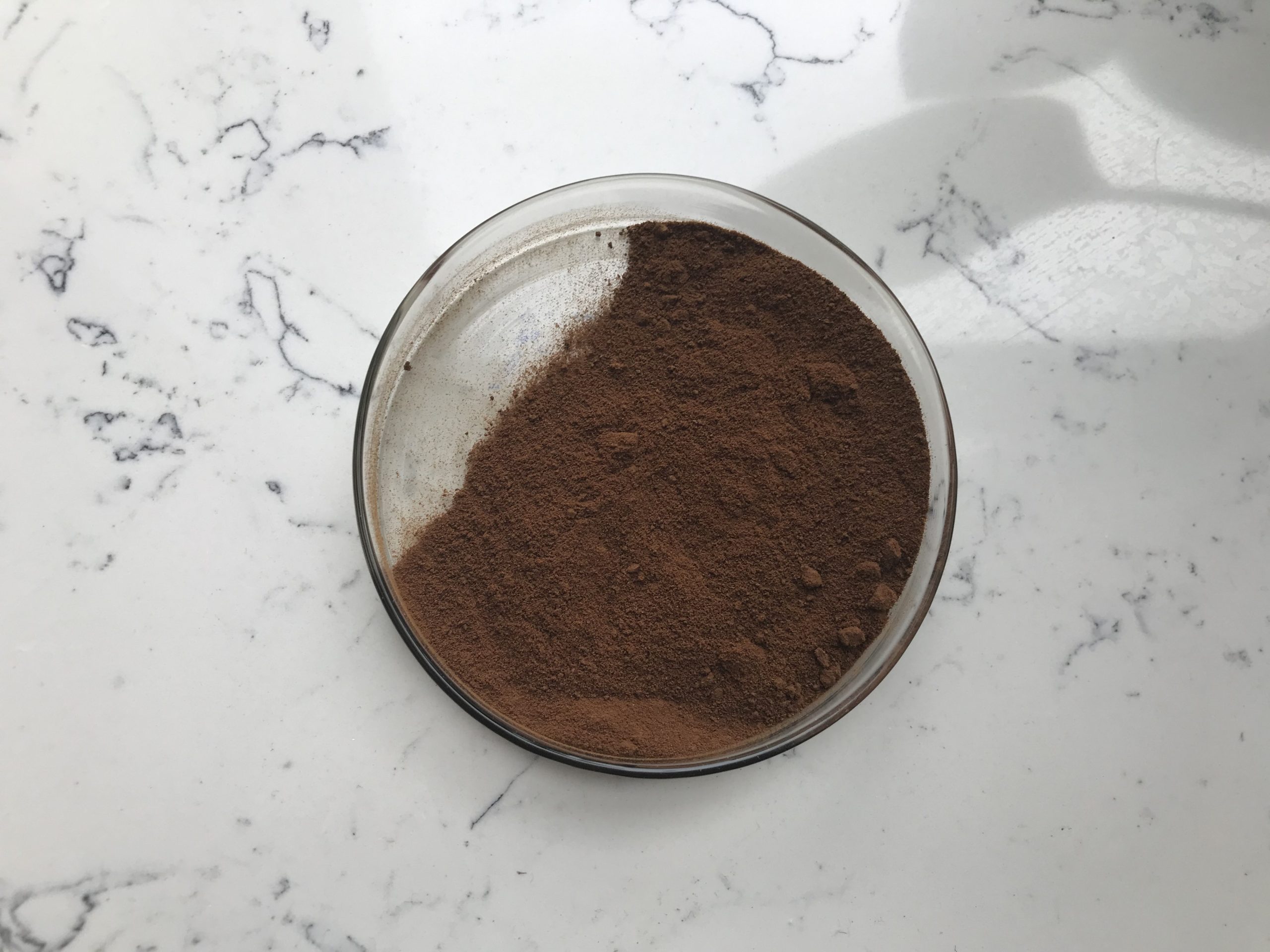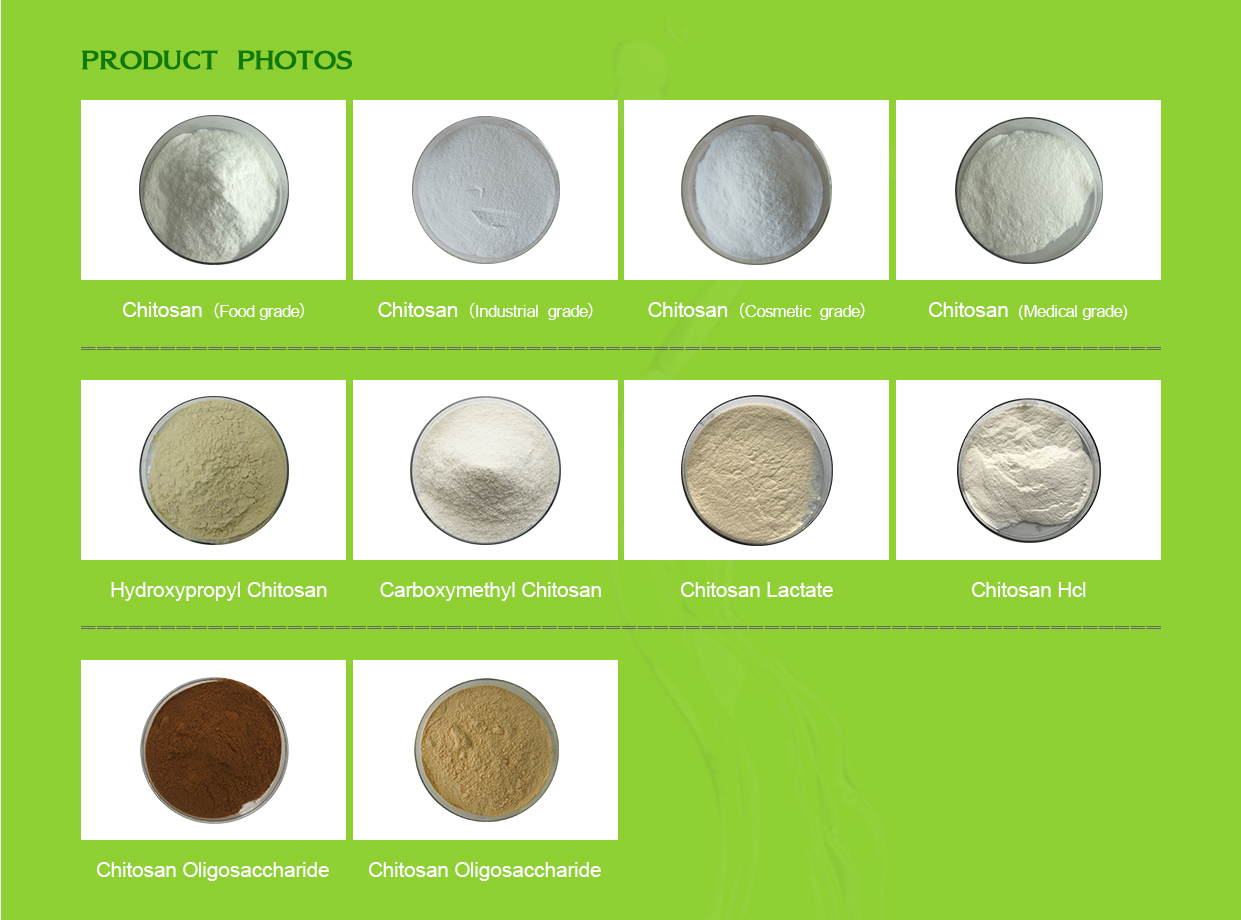Chitosan oligosaccharide is a derivative of chitosan, a natural biopolymer derived from chitin, which is found in the shells of crustaceans like shrimp and crab. Chitosan oligosaccharide has gained attention for its potential health benefits and various applications. Here are some pros and cons associated with chitosan oligosaccharide:

Pros of Chitosan Oligosaccharide:
- Biocompatibility and Biodegradability: Chitosan oligosaccharide is derived from natural sources and is biocompatible and biodegradable, making it environmentally friendly and safe for many applications.
- Health Benefits: Chitosan oligosaccharide has been studied for its potential health benefits, including immune system modulation, antioxidant properties, potential antimicrobial activity, and even potential anti-cancer effects.
- Weight Management: Some research suggests that chitosan oligosaccharide may aid in weight management by potentially reducing fat absorption in the digestive system. It is sometimes used as a dietary supplement to help with weight loss efforts.
- Chelating Agent: Chitosan oligosaccharide can act as a chelating agent, binding to heavy metals and other pollutants, potentially aiding in detoxification processes.
- Agricultural Applications: Chitosan oligosaccharide has been explored for its potential use in agriculture as a biopesticide, growth enhancer, and stress reliever for plants. It might help improve crop yields and overall plant health.
Cons of Chitosan Oligosaccharide:
- Limited Clinical Evidence: While there are studies suggesting potential health benefits of chitosan oligosaccharide, the clinical evidence is often limited or inconclusive. More research is needed to establish its efficacy and safety for various applications.
- Allergic Reactions: Some individuals may be allergic to shellfish, and since chitosan oligosaccharide is derived from shellfish shells, there is a potential risk of allergic reactions in sensitive individuals.
- Digestive Disturbances: In some cases, chitosan oligosaccharide supplements may cause digestive disturbances, such as stomach discomfort, bloating, or diarrhea.
- Interactions with Medications: Chitosan oligosaccharide may interact with certain medications, potentially affecting their absorption or effectiveness. It’s important for individuals taking medications to consult a healthcare professional before using chitosan oligosaccharide supplements.
- Regulatory and Quality Concerns: The quality and purity of chitosan oligosaccharide supplements can vary, and regulatory standards may not always be well-defined. This can lead to inconsistencies in product quality and potential safety issues.
- Environmental Impact: While chitosan is biodegradable, the production of chitosan oligosaccharide might involve processes that have environmental impacts. It’s important to consider the overall sustainability of its production.

It’s worth noting that the pros and cons listed here are based on the information available up until September 2021. As research continues, our understanding of chitosan oligosaccharide and its potential benefits and drawbacks may evolve. If you are considering using chitosan oligosaccharide for any purpose, it’s advisable to consult with a healthcare professional or relevant experts to make an informed decision.
